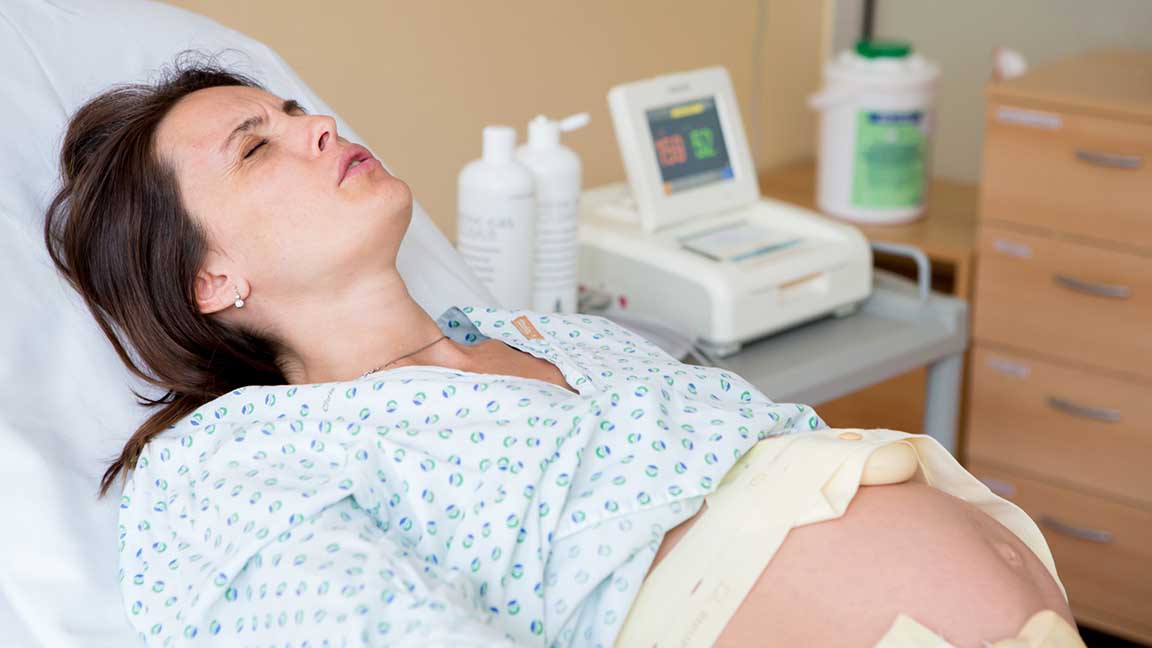The abundance of labor-related anecdotes can confuse a first-time mom. Grandma swears eating a spicy chicken sandwich will send you into labor, but mom says a long walk will do the trick. And, according to folks on the Internet, your persistent heartburn is a sure sign your baby will be born with a lot of hair.
The truth is that everyone is unique and your labor experience could be completely different from your friends and relatives, says Sarah Wideman, a registered nurse who works in labor and delivery at Tidelands Waccamaw Community Hospital.
“The biggest misconception is women listening to other peoples’ labor stories and thinking they’re going to be the same,” the nurse says. “It really is different for everyone.”
Here’s a look at the truth behind some common labor claims:
There’s no scientific evidence to support this claim. While there may be no harm in eating your favorite spicy foods in an attempt to stimulate labor, you may instead only end up with a bad case of heartburn.
There may be some truth to this claim. A study conducted by John Hopkins University found a correlation between heartburn and hair growth. The researchers suggested that high levels of estrogen and progesterone, which are associated with fetal hair growth, can also relax the esophageal sphincter and cause heartburn.
Although moderate exercise is generally recommended during pregnancy, it won’t help bring on labor earlier. However, once you’re in labor, walking may help dilate your cervix. Of course, women who believe they may be in labor should seek immediate medical attention and consult with a qualified health care provider before trying to walk to induce labor.
Although labor is usually longer for first-time moms (12-18 hours, compared to about 6-10 hours for second or third children), every woman’s body is different. A mother can listen to and trust her body, Wideman says. Some first-time moms deliver fairly quickly, so it’s important to seek immediate medical care if you believe you are in labor.
Not true. Wideman says dads are more involved than ever, and the majority stay right at their partners’ bedsides (awake and alert) during labor. At Tidelands Health hospitals, dads are encouraged to cut the umbilical cord and, like mom, bond with the baby through skin-to-skin contact following delivery.
There’s no shame in having an epidural. In fact, most women do. While some women are able to work through the discomfort, every woman’s threshold is different, Wideman says.
Sometimes, women change their minds during labor about whether to have an epidural, she says, which is perfectly OK.
“Either way, our team is here to support our patients regardless of what option they choose,” she says. “We want to offer our patients the best possible labor experience.”
